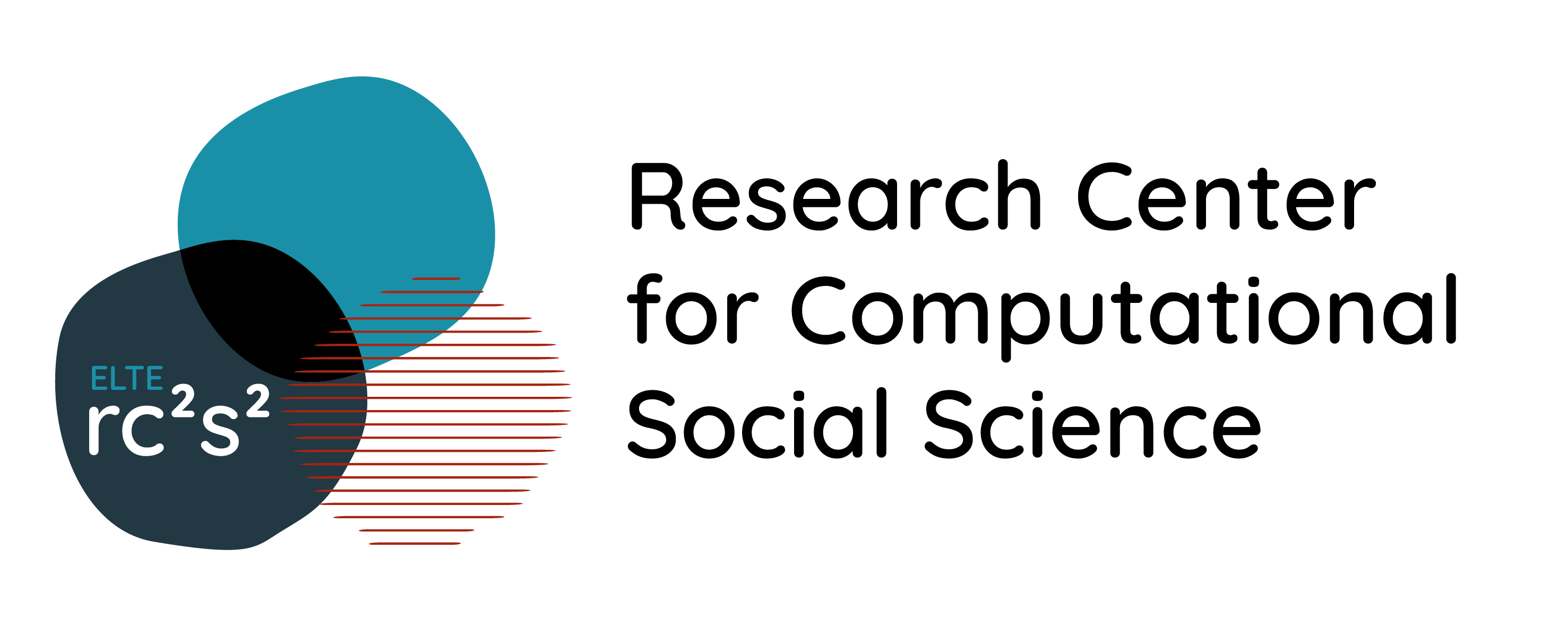In the past few years, Hungary has been portrayed as a negative example of memory politics in both mainstream and academic press, charged with being the “ground zero” for a paradigm change in World War II memory politics that was echoed in Poland when the right-wing populist PiS government passed its infamous law on criminalizing certain perspectives in historical research. The talk discusses elements of this paradigm change in Holocaust memorialization: nationalization of a hitherto transnational narrative, de-Judaization, competing victimhood, establishing new terminology, double speech, delegitimizing secular memory frames, her-story turn, and anti-intellectualism. These elements are present in different contexts but nowhere else are they exhibited so prominently as in Hungary. This paper argues that this paradigm shift is taking place without recourse to original ideas and yet is nonetheless successfully reshaping memory discourse and it also offers strategies for memory activists.
